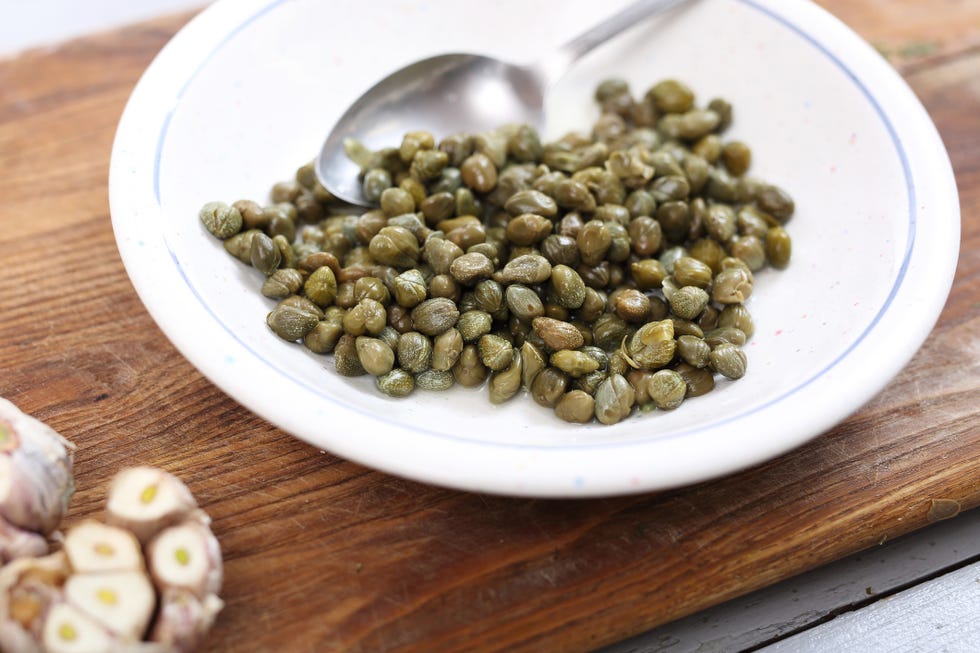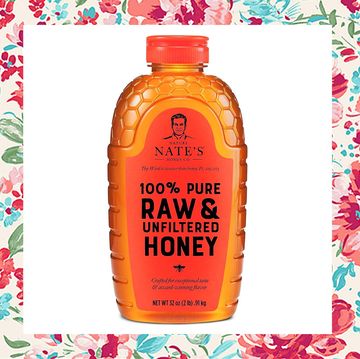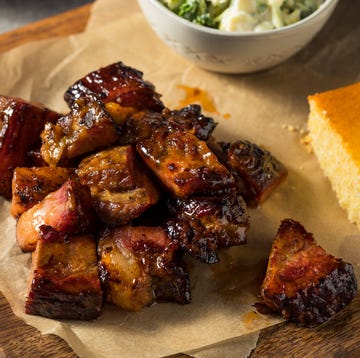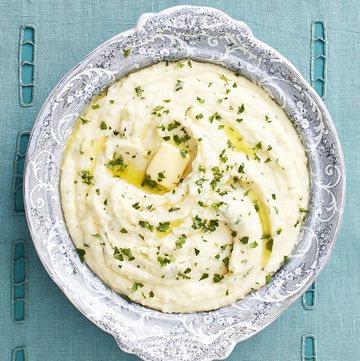You probably know capers from the tiny green morsels in chicken piccata. A salty, briny, burst of punchy flavor, they pair perfectly with the rich butter sauce in that classic dish, but they're equally delicious in Italian-inspired eggplant caponata and tangy olive tapenade, both begging to be spread onto hunks of crusty bread. Tucked into a skinny jar on your refrigerator door, capers may not be the most frequented ingredient in your kitchen, but when it comes to making dishes like chicken scallopine or any number of Mediterranean-inspired dishes, they're almost essential. They may be small, but capers pack an acidic punch that compliments fish, too. Tuna salad, oven-baked salmon, smoked salmon dip, and even simple smoked salmon and cream cheese piled onto a bagel for brunch-worthy lox benefit from a sprinkling of tangy capers. But have you ever wondered what exactly is a caper?
This mysterious green ingredient comes from the perennial caper bush, native to the Mediterranean, but now grown throughout the world. Caper berries are the matured fruit of the bush, but capers are just the tiny unopened buds. Once they're picked, they're dried and either cured in salt or pickled in a zippy brine which both brings out the natural flavors of the capers and also gives them that unmistakable taste. Keep reading to learn more about what capers taste like and how to use them.
What do capers taste like?
Intensely salty and acidic, capers taste sort of like a green olive, but with lemony undertones and a big more tang. While you may be likened to munch on olives from a charcuterie board, capers are better eaten combined with other ingredients to dial back their robust flavor. Use them sparingly as to not overpower the other flavors in the dish you're cooking!
Are capers related to olives?
They have quite a few similarities in taste, use, and region of origin, but olives and capers come from completely different plants. Olives grow on olive trees and capers grow on caper bushes. However, the two are prepared similarly, in salty brines to give them that bold, savory flavor.
Are capers healthy for you?
Capers are rich in antioxidants and are a good source of vitamins A and E. They're also low in calories and fat, making them a healthy way to bring big flavor to dishes.














